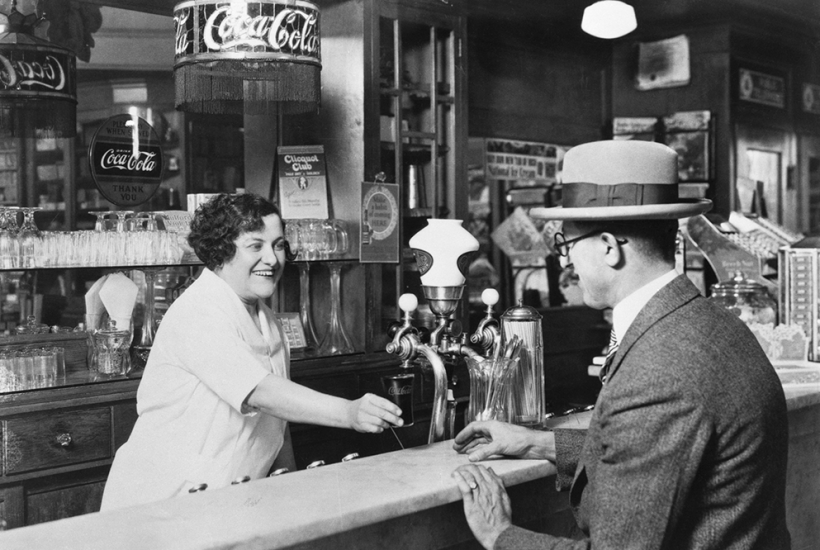Penny Mordaunt, who carried her sword with such panache at the coronation, has called for 2024 to become the year we ‘make the consumer the king again’. I like Mordaunt. You should see the way she demolishes her Labour and Scots Nats counterparts in the Commons. But with her call for customers to be treated as monarchs, she may face an unwinnable battle.
Already a subscriber? Log in
Subscribe for just $2 a week
Try a month of The Spectator Australia absolutely free and without commitment. Not only that but – if you choose to continue – you’ll pay just $2 a week for your first year.
- Unlimited access to spectator.com.au and app
- The weekly edition on the Spectator Australia app
- Spectator podcasts and newsletters
- Full access to spectator.co.uk
Or
Unlock this article
You might disagree with half of it, but you’ll enjoy reading all of it. Try your first month for free, then just $2 a week for the remainder of your first year.








Comments
Don't miss out
Join the conversation with other Spectator Australia readers. Subscribe to leave a comment.
SUBSCRIBEAlready a subscriber? Log in